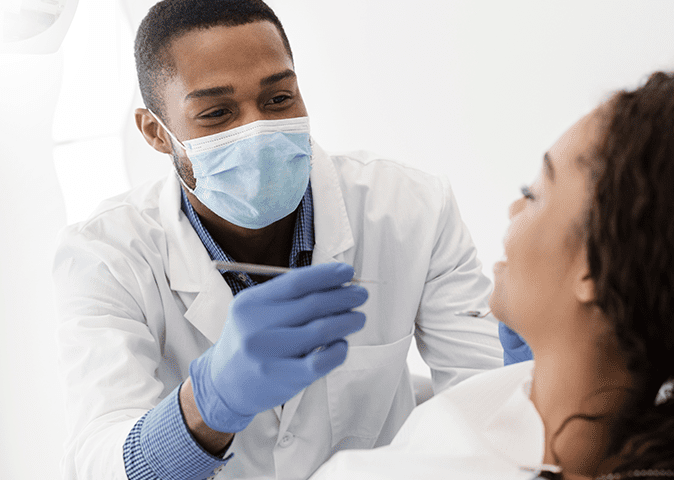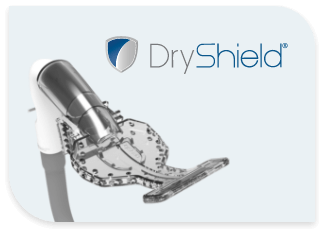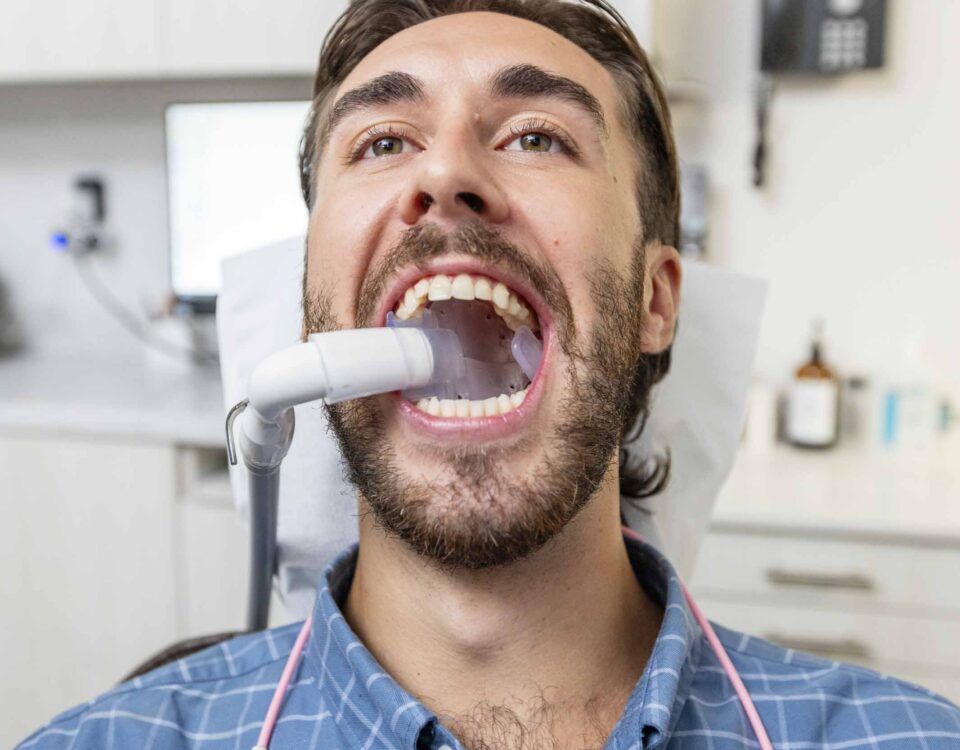The Hygienist’s Toolkit: Must-Have Skills & Tools for Success
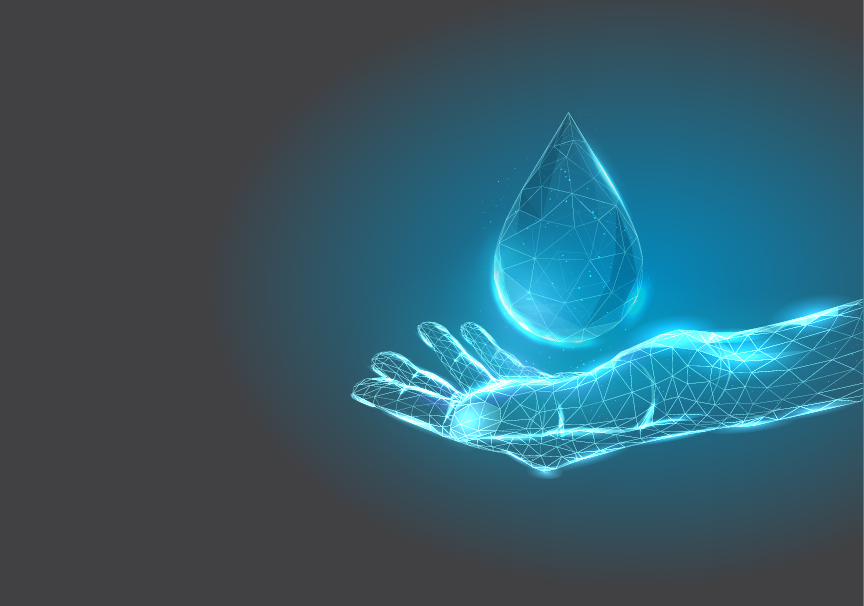
World Water Day: Managing Water In, Through, and Out of Your Dental Practice
March 21, 2025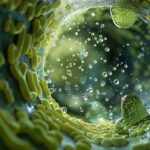
Understanding Biofilm Growth, Bacteria, and CFU Counts in Dental Unit Waterlines
April 9, 2025The Hygienist’s Toolkit: Must-Have Skills & Tools for Success
Dental hygienists do more than just clean teeth—they’re the first line of defense in preventive care, patient education, and infection control. Their expertise extends far beyond polishing smiles, requiring a unique blend of technical skill, precision, and interpersonal abilities. So, what are the key skills and tools that help hygienists excel in their role? Let’s take a closer look at the essential elements that contribute to their success in patient care and beyond.
Mastering the Art of Patient Care
Every successful dental hygienist knows that communication is key. Whether explaining proper brushing techniques, discussing gum health, or calming an anxious patient, hygienists must make complex dental concepts easy to understand. The ability to educate and reassure patients transforms a routine cleaning into a valuable learning experience.
But communication is only part of the equation. Precision and dexterity are equally vital, as hygienists navigate the delicate structures of the mouth with hand scalers, ultrasonic instruments, and polishing tools. With each movement, they balance effectiveness and patient comfort, ensuring a thorough yet gentle cleaning process.
And let’s not forget the importance of critical thinking. No two patients are alike—one might have early signs of gum disease, while another has deep-seated plaque in hard-to-reach areas. Hygienists must assess, adapt, and respond to each patient’s unique needs, making split-second decisions to provide the best possible care.

The Science Behind the Sparkle: Infection Control & Safety
Beyond cleaning teeth, dental hygienists play a vital role in infection control. From sterilizing instruments to maintaining dental unit waterlines (DUWLs), they ensure a safe and sanitary environment. Stagnant water and low flow rates can allow biofilm to thrive in DUWLs, posing serious risks to patient and clinician health. That’s why hygienists follow strict protocols, including routine waterline testing and disinfection, to keep microbial contamination in check.
In addition to maintaining water quality, they’re equipped with personal protective equipment (PPE)—gloves, masks, face shields, and protective eyewear—to safeguard themselves and their patients. As the first line of defense against cross-contamination, hygienists uphold the highest standards of safety and hygiene.
The Essential Tools of the Trade
A hygienist’s toolkit is carefully curated to enhance efficiency, comfort, and precision. Scalers and ultrasonic cleaners help remove plaque and tartar, while air abrasion systems gently clean and polish teeth. Dental mirrors and explorers offer crucial visibility, enabling hygienists to detect early signs of cavities and gum disease.
But some of the most innovative tools go beyond traditional instruments. Isolation and suction devices, like DryShield, allow for hands-free moisture control, keeping the field dry while improving patient comfort. These advancements not only enhance efficiency but also support ergonomics, reducing strain on hygienists during long procedures.
The Growing Role of Technology in Hygiene
Modern dentistry is evolving, and so are the tools available to dental hygienists. Digital charting and intraoral cameras provide real-time visuals that help both professionals and patients better understand oral health conditions. Lasers are becoming increasingly popular for soft tissue therapy, offering a minimally invasive approach to procedures like bacterial decontamination and periodontal treatment. The integration of these technologies allows hygienists to deliver even more precise and effective care while improving the overall patient experience.
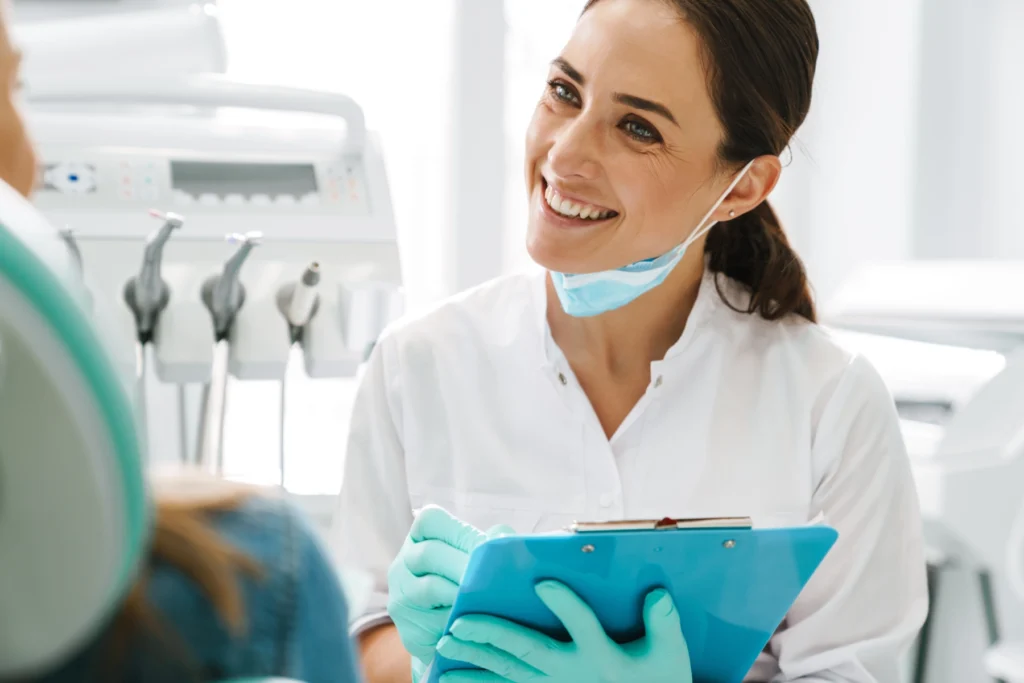
Recognizing the Impact of Hygienists
As dentistry evolves, so does the role of the dental hygienist. Today’s hygienists are more than just preventive care providers—they’re educators, infection control specialists, and patient advocates. Their skills and tools continue to expand, allowing them to deliver top-tier care with precision and efficiency.
This Dental Hygienist Appreciation Week, let’s celebrate the dedication and expertise these professionals bring to every dental practice. Whether they’re ensuring patient comfort, maintaining waterline safety, or empowering people with knowledge, hygienists are an indispensable part of oral healthcare.
Think you know all about the role of a dental hygienist? Take our quiz and put your knowledge to the test!




